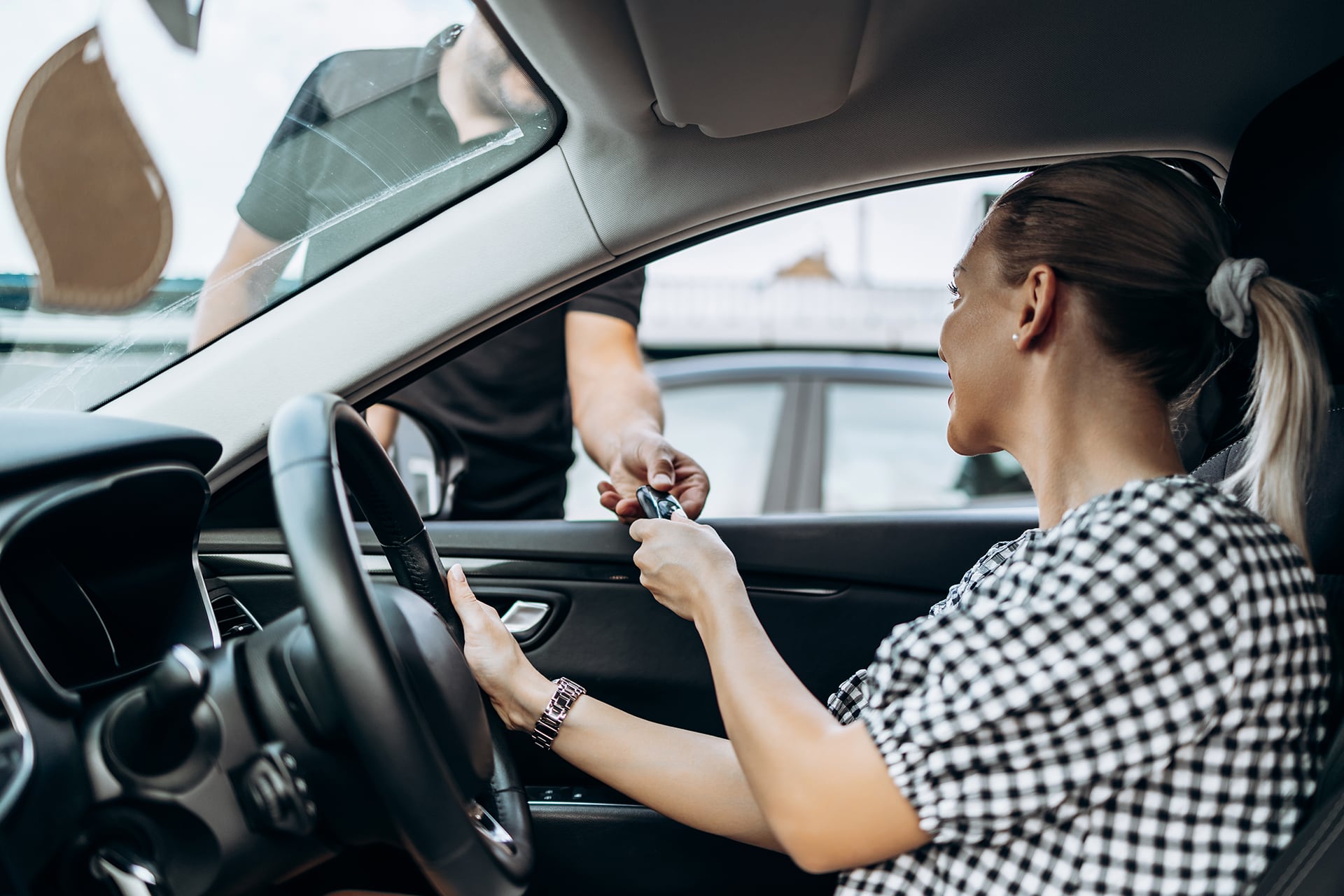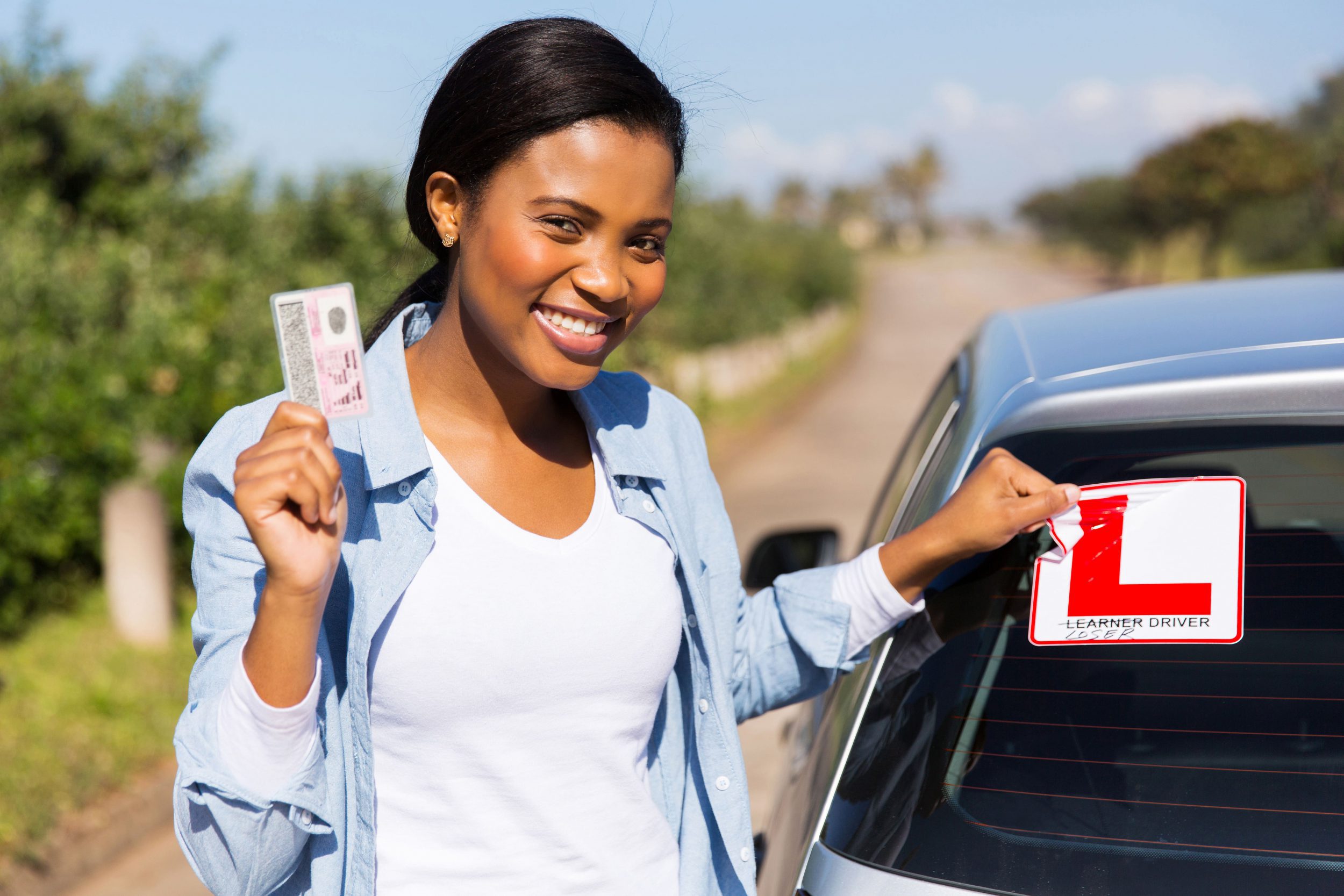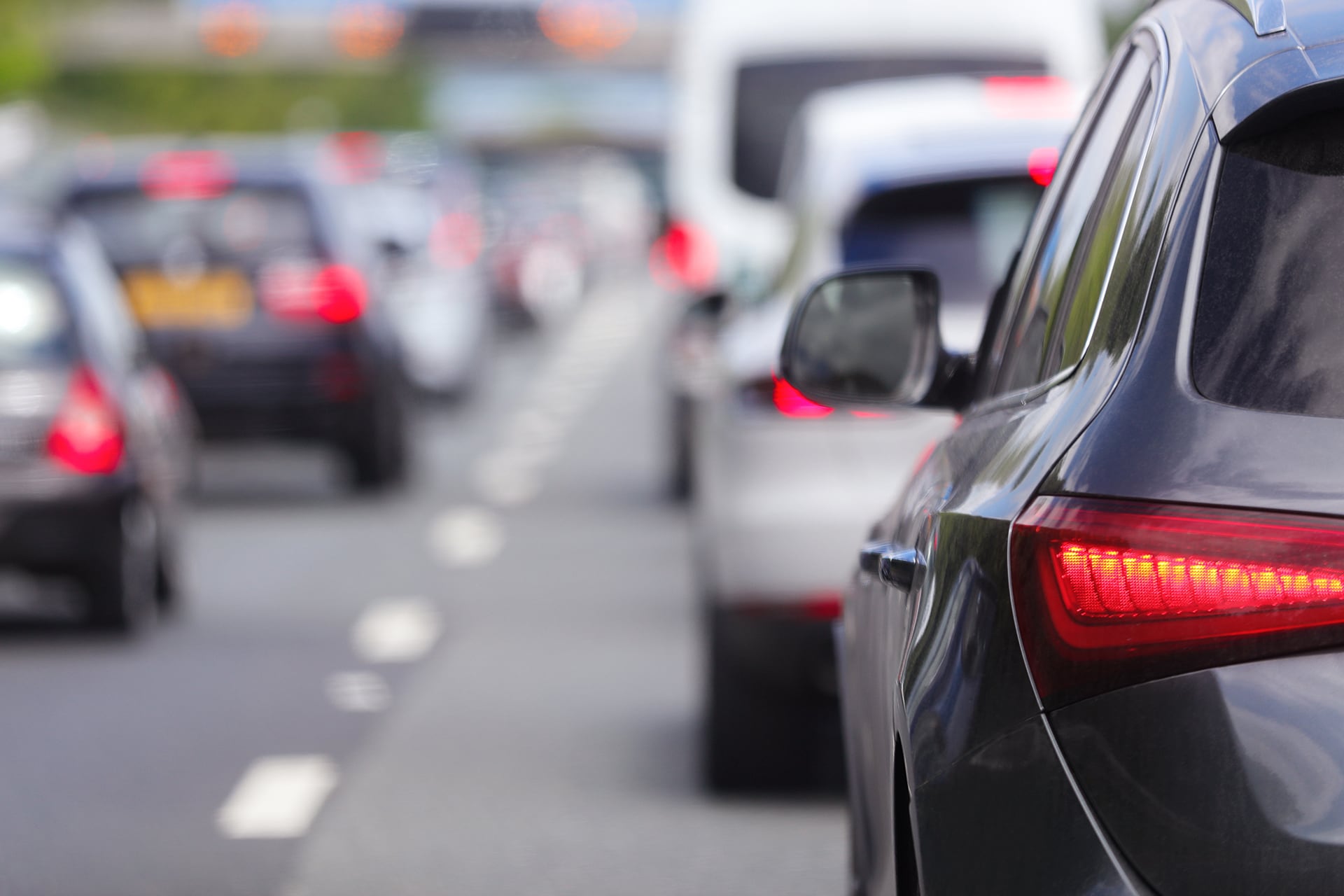As this month sees the release of the new DVLA ’24 registration plates, which will have a direct impact on the car market, we thought it would be a good time to help you find a bargain second-hand model. Newer models entering the market means that the value of existing cars typically drop. This means that anyone looking for a second-hand car may secure a better deal.
If you’re wondering how to buy a used car, you’re not alone. Whether you’re a learner looking for your first vehicle or an experienced driver wanting to switch things up, a used car can be a fantastic investment.
The UK’s used car market is expected to reach £273 billion by 2026, which may not come as a surprise because the majority of people have chosen used over new during the past decade. The second-hand market for electric vehicles is growing too, so there are more options to suit a range of lifestyles.
Here’s how to buy a used car, taking into account the logistics and admin involved:
How to buy a used car
There are several ways to buy a used car, each offering different advantages and disadvantages. When deciding how to buy a used car, weigh up what your priorities are. Is it cost? Reliability? Size? This will help you determine where to start your search.
Dealerships
A car dealership sells new and used cars, typically from a single manufacturer. The reliability of dealerships is what makes them a popular choice for many. They offer strong customer service, decent after-sales care, and often a warranty too. But this all means you should be prepared to pay more when buying from a dealership. There tends to be little to no flexibility on the price either as there are overheads to pay and sales targets to meet.
It’s worth having an awareness of the difference between a supplying or franchised dealer versus an independent trader. The latter can be either a business or an individual with more riding on the sale. This may result in more of a ‘hard sell’ experience. Regardless, make sure you choose somewhere reputable. Ideally, they’ll have plenty of good reviews and be associated with organisations such as the Retail Motor Industry Federation. Some will also make it clear that they follow The Motor Ombudsman’s code of practice.
Remember, if you discover something wrong with your vehicle after purchasing it from an official car dealer, you have a legal right to the following under the Consumer Rights Act:
- A repair
- Money towards a repair
- Some or all of your money back.
Note that you will have to act within a set period. This is typically around 30 days but can vary.
Auctions
Buying a used car from an auction involves bidding on a vehicle against other interested parties. Many people participate in auctions online through sites like eBay. You can typically buy cars for much less at an auction and it can be a very quick process. You can also get an idea of how much people tend to spend on different cars.
It’s important to note that if you buy from an auction, you likely won’t have a warranty that gives you the right to returns or refunds. This makes it a riskier choice for buyers. You also won’t have the chance to inspect the vehicle closely or test drive it beforehand. The nature of an auction also means you’re more prone to making impulsive decisions that you might regret later down the line.
Privately
Like with auctions, you can bag yourself a bargain if you buy a used car privately. You could also enter negotiations to reduce the price. Another advantage is that you can meet the owner to ask questions and inspect the car more closely with a test drive.
Unlike used cars sold at a dealership, privately sold vehicles won’t have undergone the same rigorous checks. It’s down to you to identify potential issues and go with your gut. On top of this, you’ll have fewer buyer’s rights. Buying privately is a better option if you’re confident in your knowledge of cars and what to look out for.
What to check when buying a used car
To make the most of your trip when viewing a car, it’s helpful to have an idea of what to look out for. You should assess it while it’s stationary and then go for a test drive. Don’t be afraid to check things more than once.
- Wear and tear: Does the car’s appearance line up with the mileage and age of the vehicle?
- Electrics: Test all the electrics, including the window wipers, air conditioning and audio system
- Gearbox: While driving, consider whether the gear changes are smooth
- Clutch: Test the smoothness of the clutch and get a feel for the biting point
- Brakes: Make sure the brakes and handbrake are functioning and check whether there are any unusual noises, especially when you slow down
- Tyres: Inspect the tread depth and condition of each tyre
- Interior: Remember to check the boot and everywhere else inside the car, including the upholstery
- Exterior: Look out for dents and scratches on the bodywork, then check underneath the vehicle with a torch.
What to ask when buying a used car
When it comes to knowing what questions to ask when buying a used car, there are a few things to bear in mind. The main goal is to check whether the vehicle is reliable and suitable for your lifestyle.
Common questions include:
- Why are you selling the car?
- What’s the mileage?
- How old is the car?
- How long have you owned the car?
- Is there a log book (V5C) available?
- Does the car have a valid MOT?
- When was the car last serviced?
- Is there any service history available?
- How many previous owners are there?
- Is the car under warranty?
- Has the car ever been in an accident?
- Is there any damage to the interior or exterior?
- Are there any mechanical issues?
- Has anything been repaired or replaced?
- Can the car be inspected?
- Is it possible to take it for a test drive?
The questions you ask will vary depending on where you’re buying the car from. Something important to consider is whether the car matches the advertisement. If it doesn’t, this may be a red flag.
What documents should I get when buying a used car?
As well as taking the car for a test drive and performing all the checks, you’ll need to ask for the relevant paperwork. This includes:
- Log book (V5C): This is the registration document for the car. It confirms to the DVLA that it has changed ownership
- Service history: This gives you an insight into the vehicle’s health and any recurring problems
- MOT: This tells you the car’s MOT status, which determines whether it’s roadworthy. Advisory notes can let you know what type of work may need addressing. You can also check the MOT status and older certificates online
- Seller’s contact details: This confirms whether the detail in the paperwork matches up. It also means you have a way of contacting the seller in the future
- Evidence of purchase: Once the transaction has been made, you should get a receipt as proof of purchase. It should include details of the buyer and seller, the date, the amount paid, and the vehicle details so it can be identified.
Do I need insurance before buying a used car?
You’ll need drive away insurance in place if you want to drive your new car home. Fortunately, it’s a speedy process and can be done in person at a dealership or online.
Remember, you’ll also need to tax your new car before you drive away. This is also a legal requirement and can be done online, through the Post Office or by phoning the DVLA. A dealership can sometimes do this for you. Keep in mind that road tax will not transfer between owners if you decide to buy privately.
How does insurance work when buying a used car?
You’ll need to consider insurance at a couple of different points when searching for a used car.
Test drive insurance and drive away insurance are both a type of temporary car insurance
Whether you need to arrange cover to test drive a car or you’re looking for drive away insurance, temporary car insurance can cover both.
Test drive insurance
If you plan to test drive a car (which you absolutely should), make sure you have insurance in place whether you’re buying from a dealership or a private seller.
You may already be covered to drive someone else’s car with your existing policy, so it’s worth checking. Otherwise, you might be covered under the dealership insurance. If this isn’t the case, you’ll need to secure test drive insurance cover. The owner of the vehicle should also check whether you’re insured to drive before letting you test drive their vehicle.
Test driving a car without insurance is a big no-no. You could receive penalty points, a fine or even a driving ban if you’re caught, so it’s never worth taking that risk.
Drive away insurance
You’ll also need the right car insurance to legally drive away your new vehicle.
Drive away insurance is a type of temporary cover that allows you to get behind the wheel of your new car straight away. It’s a stepping stone before you set up your annual car insurance policy.
You can often get drive away insurance that lasts from as little as one hour or several days, giving you time to get your annual policy organised.
Can I buy a used car without insurance?
If you don’t have insurance in place when buying a car, you may be able to put a deposit down and pick up the vehicle later. However, you won’t be able to take it home unless you have temporary or annual insurance secured.
In some cases, someone might have an annual policy set up already but need someone else to pick up the car for them. They would then need to hold the drive away insurance policy. This might be the case if you buy a car based a long distance away and would benefit from someone else picking it up.
Regardless of whether you buy a used car from a dealership, auction or private seller, the same rules apply. If you aren’t insured when you drive your car home, even if it’s just a five-minute trip, you’ll face fines and other penalties.
How to get insurance when buying a used car
For test driving insurance, you may be covered to drive someone else’s car on your existing annual policy or under the dealership.
Meanwhile, a dealership will usually offer drive away insurance. This typically lasts a few days depending on the policy you choose. It’s a simple process that can be actioned by staff members there and then.
Alternatively, you can compare quotes from temporary car insurance providers for both test drive insurance and drive away insurance. This involves giving them details about the vehicle, the driver and how long you’ll need to be covered for.
To make the process even simpler, it’s worth getting a quote before you go to test drive or pick up the car.
For any quote, you’ll need to provide the following details:
- Your name, current GB address, date of birth, email and occupation
- The registration of the car you want to drive
- Your GB driving licence number.
You can then refine the specifications of your policy, such as the amount of time you need it for and any optional extras, before receiving a quote. And once you’ve provided your payment details, you’re ready to go!
Get covered by Dayinsure’s temporary car insurance today
Choose Dayinsure to benefit from nearly two decades’ worth of experience. With us, you can get the cover you need for as little as an hour or as long as 30 days. We’re rated ‘Excellent’ based on thousands of reviews on Trustpilot, showing our commitment to helping drivers across the country. Get a quote online today.



